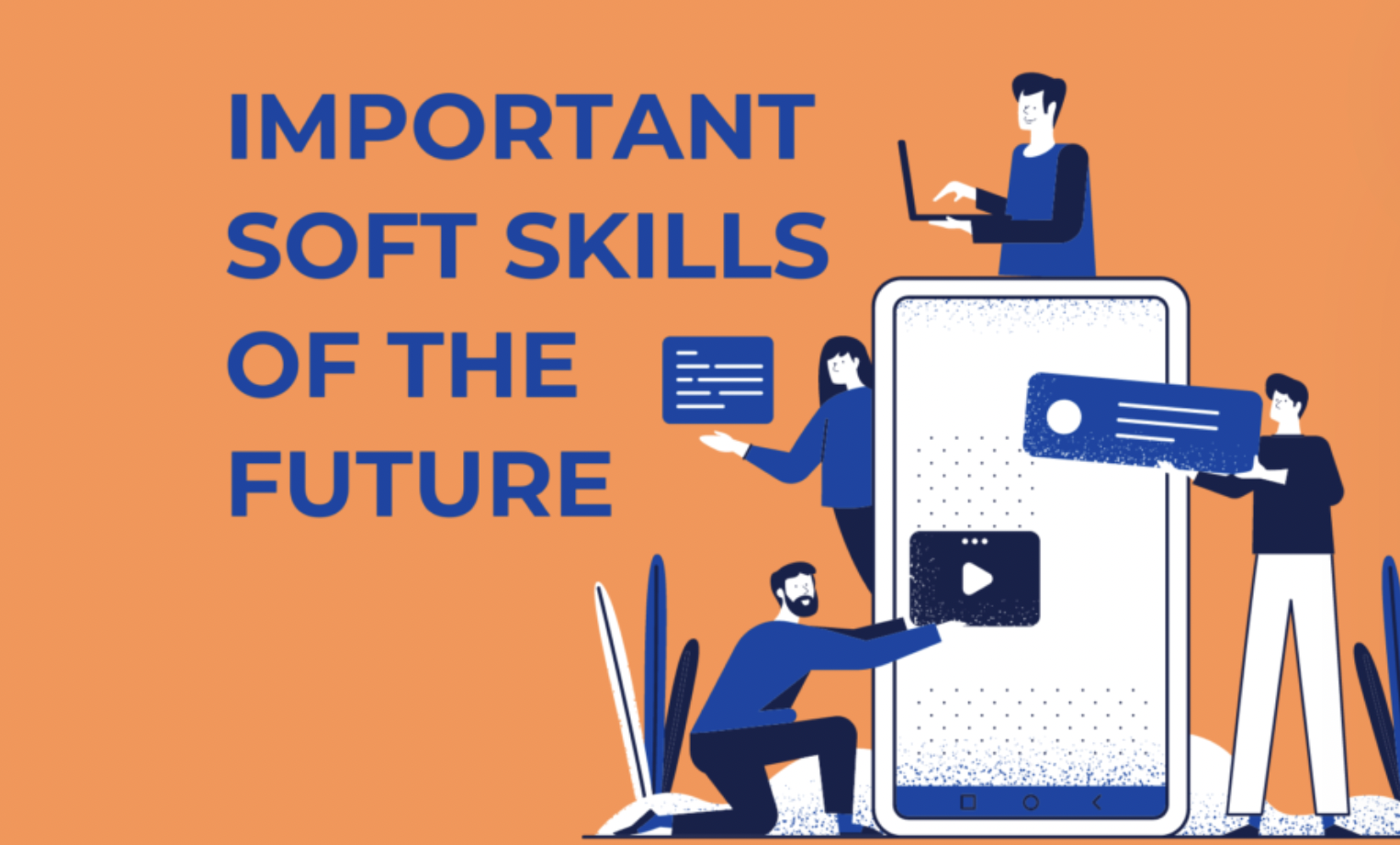The pandemic has brought major changes to the labor landscape. According to the Observatory Baremeter 2020 report, carried out by the Cegos Group, which surveyed more than two thousand professionals including HR staff and employees in four countries (Italy, France, Spain and Germany), interesting data emerge about the importance and need to increase one's set of soft skills.
The data showed that between Digital Transformation and Pandemic, about 75 percent of Italian workers believe they would be willing to take training courses, even outside working hours, to implement their soft skills.
Taking into consideration "The future of job," published by the World Economic forum in October 2020, the skills that will grow in importance in the next five years are soft skills, such as:
- Adaptive Capacity
- Digital communication
- Remote Management
- Critical thinking
- Flexibility
- Resilience
- Self-management
- Problem solving
- Active learning
In 2020-as noted by Emanuele Castellani, CEO of Cegos Italy & Cegos Apac-"soft skills have been transformed from essential skills for the future to indispensable skills for the present, and as a result, one cannot help but embrace them for real."
The Covid-19 pandemic has undoubtedly had countless repercussions on our habits and daily lives, and among which the acceleration in digitization emerges strongly.
It is precisely this great acceleration of the Digital Transformation of 2020 that has highlighted the importance of soft skills becoming digital soft skills
But what are digital soft skills?
Digital soft skills refers to soft skills that enable us to use digital tools efficiently.
The most in-demand digital soft skills include:
- Knowledge networking: ability to identify, filter, organize and share information found online in social networks and virtual communities;
- Virtual communication: ability to collaborate through digital technologies and manage one's personal identity;
- Digital awareness: ability to properly use tools and personal data in order to protect digital ones;
- Self Empowerment: ability to master tools in order to solve technical problems.
Digitization and HR Gamification
This innovative work scenario has underscored the importance of HR's role in organizational transformation. HR managers are using the Gamification strategy as a new tool to increase work performance, improve corporate welfare, and to better engage and stimulate their employees in developing Problem solving and collaboration skills.
HR Gamification is about applying behavioral and motivational techniques typical of playful contexts to non-game situations.
In particular, HR Gamification is a great tool for modernizing scouting and training processes, thus making on-boardingprocesses stimulatingand engaging for both candidates and employees.
An example of Gamification is the very transformation of the recruiting process into a "Gaming" experience characterized by rewarding candidates, during the early stages of selection, with real perks all the way to the final interview step. The effectiveness of such a system points to the competitive nature present in every person when it comes to the game.
A terrific use of HR Gamification has been implemented by the celebrated Deloitte, a consulting and audit services firm.
The company has digitized the on-boarding process for employees who divide into teams and, along with other new hires, learn about company procedures online.
Deloitte has taken a further step toward digitization and gamification by creating a virtual office tour designed like a real video game: visitors begin the tour by starting at an airport and then choosing their destination. Once they arrive in their chosen city, they can go to the local Deloitte office and interact with the employees there.
Digital Mindset
Today, more than ever, soft skills are essential, not only to do one's job, but to do it to the best of one's ability.
The major changes that have taken place in the past year and the resulting accelerated pace of digital transformation have led to a realignment with new organizational needs such as the need to develop and adopt a true Digital Mindset, i.e., the capability related to inclination to change.
This term was not coined recently, but back in 2013 Vivianne Benke proposed a clear definition of it:
"The Digital Mindset consists of a set of knowledge and experiences that each individual has developed within an increasingly digitized society and that are recognized and used to succeed in the digital environment."
Developing one's Digital Mindest and improving one's set of soft skills is necessary in order to move consciously within constantly changing situations such as today's job market, which is an expression of social, cultural and managerial metamorphosis.
Anna Moschetta
Team - Digital Innovation Days

